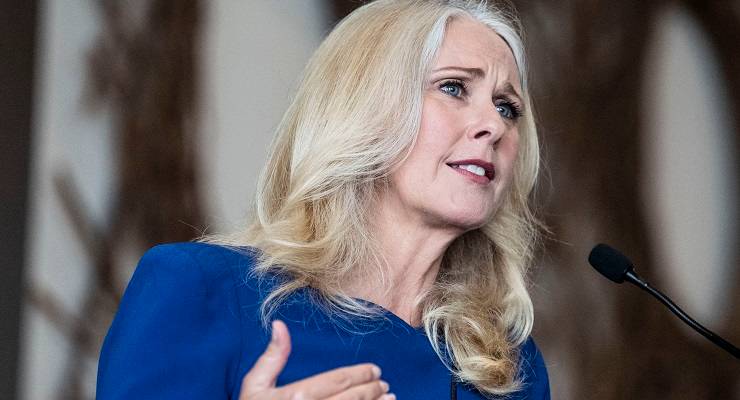
This year BuzzFeed Australia’s staff numbers were slashed, leaving just a handful of journalists in the newsroom. This week their first big investigation under recently-appointed editor Lane Sainty explored the shortfalls of NOW, the Australian organisation formed in response to the global Me Too movement.
Crikey dug into the story behind the story to look at how it all unfolded.
How the piece came to be
Journalists Hannah Ryan and Gina Rushton spent weeks investigating the story. They were initially tipped off by a statement from NOW outlining some post-launch problems.
“We were all struck by how frank it was, and figured that if so much was being admitted on the website, a whole lot more must have happened behind the scenes,” Sainty told Crikey.
Ryan and Rushton contacted more than 20 journalists, sexual assault survivors, NOW board members, advocates and experts. They outlined how the founder, Tracey Spicer, took on a role a team of 10 couldn’t handle; described how survivors were affected; and analysed NOW’s large-scale organisational issues.
Spicer was invited for a sit-down interview nine days out from deadline, but BuzzFeed didn’t hear back to this or follow-up requests. Three days before publication, they emailed questions. Spicer responded to these the day before the story went live.
The result was a 7700-word story of the rise and fizzle of the Me Too movement in Australia’s media industry.
The response
The article gained traction on social media, with 820 likes on Twitter, and 1218 reactions on Facebook. Most readers expressed their support of the piece, with many prominent journalists including Sherele Moody and Jess Hill praising the investigation.
But from the critics, the main complaint — including from Crikey’s own Bernard Keane — was that the piece was an unfair attack on Spicer. “White feminists can rely on being savaged not merely by misogynist men but from the left, too, on the basis of identity politics and a need to find or manufacture offence,” Keane wrote. He added that BuzzFeed‘s assertions — that Spicer didn’t handle confidential information with care — weren’t substantiated, and she had simultaneously been attacked for not responding to enough survivors, but also not soliciting enough messages.
Several others, including journalist Ginger Gorman (who is also friends with Spicer) jumped in to defend Spicer and cite concerns for her mental health.
But survivors like Dhanya Mani, who tried to contact Spicer about their assault, said the piece gave their stories validation. “I’m very grateful [Rushton] told my story well,” Mani told Crikey. She also added that it was disappointing to see those criticising the piece still focus on Spicer over the survivors. “All we have now are survivors waiting for answers with no validation and no support. The stance publicly taken by some leading feminists is one that lends no support to survivors,” she said.
“If they looked at interactions with these feminists as the named survivor in this story, as a model for what would happen if they spoke about their disclosure, they would see the cost may be being publically dismissed. That only makes the problem worse.”
Next steps
BuzzFeed‘s legal team checked over the piece. The assertions were supported by interviews and/or documentation. BuzzFeed editor Sainty said the team were “working on more stories in this space”.
“This is not about us, or about Tracey Spicer,” she said. “It’s about survivors of sexual harassment and assault who were promised help, and why NOW failed to deliver what it said it would.”
NOW quickly issued a response to the article. “We acknowledge the disappointment in the survivor community. We know that disclosure is a highly personal process that deserves time, care, honour and meaningful action if requested. We apologise unreservedly for any confusion or hurt caused… It is always important for activist and feminist movements to reflect on both successes and failures.”
The organisation is working on a funding proposal to help survivors access legal information via an online portal on Justice Connect.
Spicer has yet to publicly comment, but is expected to accept the Sydney Peace Prize next month for her work.
If you or someone you know is impacted by sexual assault or violence, call 1800RESPECT on 1800 737 732 or visit 1800RESPECT.org.au.









This says so much about what journalism has become in Australia 2019. Young staff members without adequate training and no proper supervision or guidance (what was once generally called editing) are sent off to follow stories that are either driven by fashion or click bait. The aim is the modern equivalent of the sensational, shallow yellow press of old. Buzzfeed should be renamed Bottomfeed.